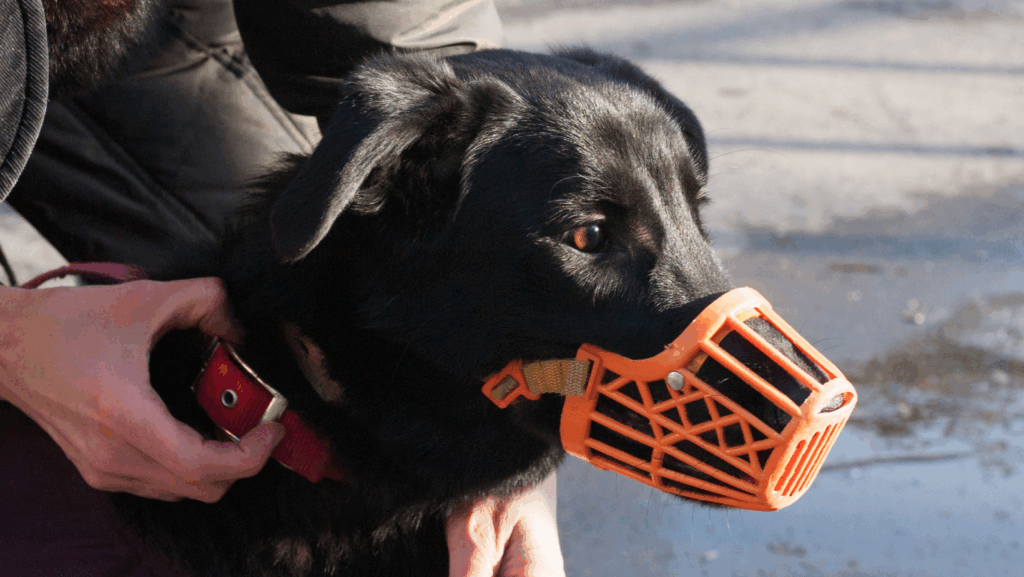I hear this statement from almost all of my clients: “I want my dog to bark at the door. It will scare away burglars.” And I can see their logic…after all, I wouldn’t want to enter a home with a barking dog because I don’t want to get bitten.
However, this is like saying “I want my foot on the brake AND the gas at the red light, so when the light changes I’ll be ready to go”. You absolutely will be ready to go…but you’ll probably crash into the car in front of you first, get pulled over by the police, or burn out your clutch.
Encouraging your dog to bark at the door (or not correcting them for barking) is the same as slamming on the gas pedal while you are in park. There may be that one chance that it’s a burglar…but you’ll have to put up with a lifetime of the dog barking at every little movement out the front window or at the front door. That’s a price I’m sure you are not willing to pay. If you want to feel protected get an alarm system. Or train your dog in protection work.
Save your dog a lifetime of “being on edge” (and, in turn, you a lifetime of yelling at them) by teaching them to be calm.
Good luck!





